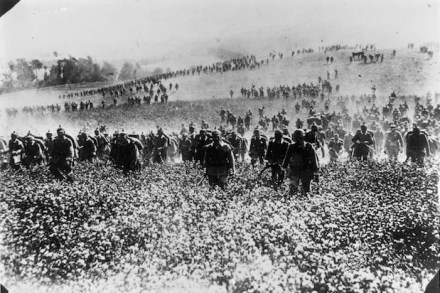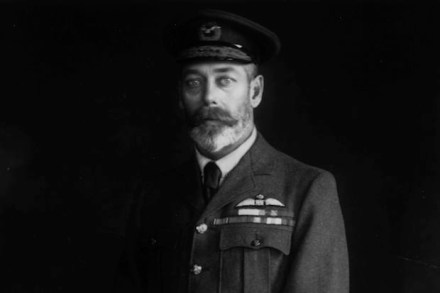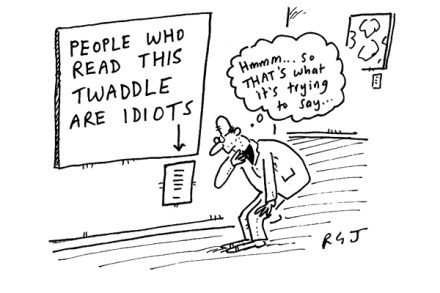The Spectator at war: A heroic little nation
From ‘A review of the war’, The Spectator, 19 September 1914: It is the duty of all English publicists to make people here understand the splendid heroism with which the Servians have fought. They have contributed very greatly to the overthrow of Austria, and their brave Army and nation deserve all the help and encouragement
















